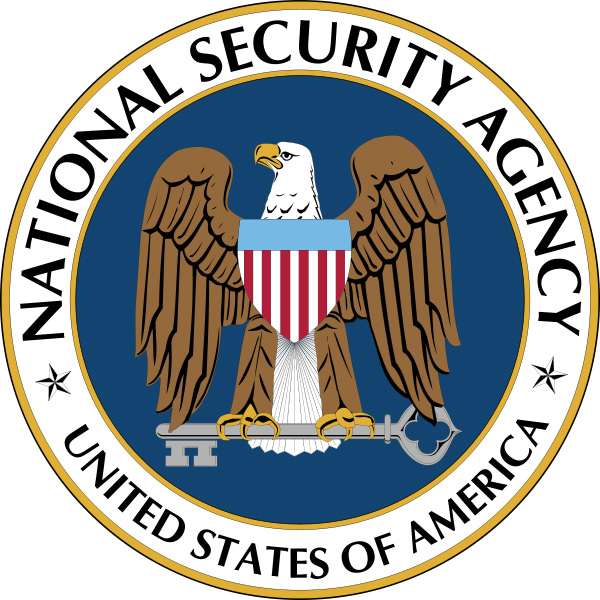NSA Surveillance Targets Average Citizens, Not Terrorists

Much of the debate over NSA surveillance of telephone communications and Web activity over the past few weeks has hinged on the alleged tradeoffs between safety and security in such snooping. "[Y]ou can't have 100 percent security and also then have 100 percent privacy and zero inconvenience. We're going to have to make some choices," insists President Obama. But those "choices" presuppose that the U.S. government's virtual Panopticon actually provides some degree of security in return for lost privacy and liberty. In an interesting piece at Bloomberg, Russian writer Leonid Bershidsky argues that NSA surveillance seems peculiarly targeted at the general population, not terrorists. "The Prism surveillance program focuses on access to the servers of America's largest Internet companies, which support such popular services as Skype, Gmail and iCloud. These are not the services that truly dangerous elements typically use," he argues.
Bershidsky cites a 2012 report from Holland's General Intelligence and Security Service, Jihadism on the Web: A breeding ground for jihad in the modern age, that asks the seemingly key question, "Where do the cool terrorists hang out online?" The report finds that terrorists may meet in well-known social media sites, but these areas are in the small part of the Internet that is indexed and commonly trafficked by regular people. For exactly that reason, that's not where plotting and planning takes place.
They meet in 'public' virtual places, for example on social media, on Internet forums and in chat rooms, but also in semi-public or private virtual places. This is where jihadist activities and processes unfold that constitute the greatest threat. These more private virtual places make up an important part of the Invisible Web (by scientists also referred to as the Deep Web, Da knet or Unde net). Unlike the visible part of the Internet, also called Surface Web or Indexable Web, this invisible Web refers to a part of the World Wide Web that has not (yet) been indexed and that cannot be found by readily accessible search engines such as Google. Scientists estimate that the invisible Web is 550 times larger than the visible Web.
The Dutch report goes on to say that "Just like criminals and hackers, jihadists use the invisible Web as a hiding place and do their utmost to keep activities from being tracked. Virtual gathering places constructed, administered and secured by fanatical jihadists are hidden inside this invisible Web."
But the NSA's Prism specifically targets Microsoft, Yahoo, Google, Facebook, PalTalk, AOL, Skype, YouTube and Apple, with promises of more high-profile companies to come. Is there value in that? "The AIVD has found that radicalising persons erase their social media accounts sooner or later. They consider the (mostly American) social media to be kuffa (infidel) sites, and therefore unacceptable and unsafe."
Instead of transmitting information in the clear through high-profile social media, Dutch intelligence finds terrorists to be pretty cagey and security conscious.
This security awareness manifests itself in an aggressive promotion of safe behaviour online and an increased use of usually free software to encrypt technical access to and communication on the Internet. As a result, more and more jihadist actor groups are capable of concealing their identity, their location and the content of their communications.
So, justifying a surveillance net that focuses on Facebook and Google by uttering the magic word "terrorism" is like rationalizing a wide network of license-plate recognition cameras on the grounds that you may take a snap of a "Honk if You Love Jihad" bumpersticker.
We may be trading off privacy for something, but it doesn't seem to be security.


Show Comments (23)